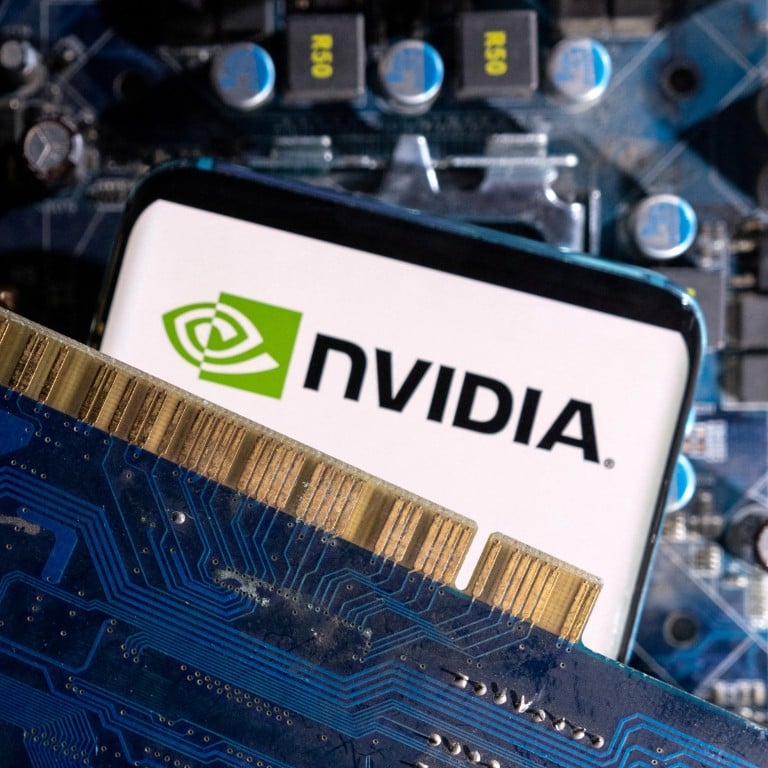Telecom giant Ooredoo's CEO has revealed that chipmaker Nvidia is poised for a major launch in the Middle East, a region facing limitations on imports of advanced US-made artificial intelligence (AI) technologies. The details of Nvidia's launch and the specific products it will offer remain unclear, but the move signifies the company's intent to tap into a growing market while navigating the complexities of US export regulations.
The US government restricts the sale of certain types of AI chips to some countries, citing national security concerns. These restrictions are intended to prevent sensitive technology from falling into the wrong hands and potentially being used for military applications. However, the specific details of these restrictions and the chips they apply to are often opaque, making it challenging for companies to navigate the export process.
Ooredoo's CEO, Sheikh Khalifa Al Thani, made the announcement about Nvidia's launch during a press conference. He expressed his enthusiasm about the partnership, highlighting Nvidia's potential to empower businesses and organizations across the Middle East with advanced AI capabilities. AI technology has a wide range of applications, from powering self-driving cars and facial recognition systems to optimizing resource management and streamlining industrial processes. By bringing its AI technology to the region, Nvidia could play a significant role in accelerating digital transformation efforts across various sectors.
Analysts suggest that Nvidia's launch strategy in the Middle East might involve offering products and services that comply with US export regulations. The company might focus on selling less advanced AI chips or cloud-based AI solutions that do not require physical hardware exports. Additionally, Nvidia could potentially partner with local companies in the region to develop and manufacture AI products that cater specifically to the needs of the Middle Eastern market.
The news of Nvidia's launch comes amidst a growing demand for AI technology in the Middle East. Governments across the region are actively investing in AI research and development, recognizing its potential to drive economic growth and innovation. For instance, Saudi Arabia has launched several initiatives aimed at establishing itself as a hub for AI development, while the United Arab Emirates has set ambitious goals for integrating AI into various sectors of its economy.
Nvidia's entry into the Middle Eastern market presents a unique opportunity for the company to expand its reach and capitalize on this growing demand for AI solutions. However, the company will need to navigate the complexities of US export regulations to ensure its products and services comply with all necessary requirements. The success of Nvidia's launch will depend on its ability to offer compelling AI solutions that meet the specific needs of the Middle Eastern market while adhering to US export restrictions.

